Impasse between White House, Republicans continues over US debt ceiling standoff
The negotiations over the US debt ceiling crisis continue to remain at impasse as President Joe Biden’s administration and House of Representatives Speaker Kevin McCarthy have exchanged barbs over the issue, with both sides calling the other’s proposals too extreme.
When talks stalled early last week, Biden and McCarthy agreed to empower staff members for a deal while the president was in the Group of Seven (G7) meeting in Japan on Sunday. But officials did not meet on Saturday, saying they were not sure when fresh talks would take place.
White House Press Secretary Karine Jean-Pierre noted in a statement that Biden and McCarthy had agreed that any budget agreement would need to be bipartisan and accused Republicans of offering proposals too far to the right to pass Congress.
Republicans hold a slim majority of seats in the House and Biden's fellow Democrats have narrow control of the Senate, so no deal can pass without bipartisan support.
There is a growing concern that an agreement won’t come before the June 1 deadline, when the federal government could be unable to pay all its debts, according to Treasury Secretary Janet Yellen. A possible default would likely sink the US into a recession and rattle the global economy.
While it falls to Congress to adjust the government’s spending limits, Republicans in the House of Representatives have used their majority as leverage to demand spending cuts to social programs in exchange for a debt ceiling increase.
US stocks, Treasury yields, and the dollar currency all moved lower on Friday following the pause and after comments from Federal Reserve Chairperson Jerome Powell on monetary policy saying it was still unclear if interest rates would be hiked further or not.
“Republicans are taking the economy hostage and pushing us to the brink of default, which could cost millions of jobs and tip the country into recession after two years of steady job and wage growth,” Biden’s communications director, Ben LaBolt said.
Biden told his team to schedule a call on the debt limit with McCarthy later on Sunday, according to a White House official.
On Saturday, McCarthy told reporters at the Capitol that he did not think talks could “move forward” until Biden was back in the country from the G7 meeting in Japan. He accused Democrats of taking a position that was too extreme toward the left.
“The White House is moving backward in negotiations,” he wrote on Twitter. In a separate post, he blamed Biden for the impasse, claiming that the president did not “think there is a single dollar of savings to be found in the federal government’s budget”, adding that the “socialist wing” of the Democratic Party appeared to be in control.
McCarthy's Republican-led House last month passed legislation that would cut a wide swath of government spending by 8 percent next year. Democrats say that would force average cuts of at least 22 percent on programs like education and law enforcement, a figure top Republicans have not disputed.
The latest White House offer would hold both military spending and other spendings — which includes education, scientific research, environmental protection and more — constant until the next fiscal year.
Republicans have proposed a nominal decline in total discretionary spending next year, but not evenly distributed; in their plan, military spending would continue to rise.
The federal government reached its $31.4 trillion debt ceiling set by law months ago. The Treasury Department has warned that unless Congress and the president come to an agreement, it could run out of options to avoid the default.
Republicans, for months, had been insisting that Democrats agree to spending cuts in exchange for a deal to raise Congress’s self-imposed debt limit. The limit needs to be lifted regularly because the government spends more than it takes in taxes.
Any deal on the debt ceiling would take several days to pass both houses of Congress and be signed by the president. Even getting close to the deadline could spook investors and trigger economic disruptions.
VIDEO | Kashmir prepares for Ramadan as holy month approaches
VIDEO | Two years on: Families plead for abducted Gaza doctors' release
VIDEO | Up to 4,000 children lost limbs in Gaza war, now trapped without prosthetics
Iran FM arrives in Geneva for next round of indirect talks with US
Israeli strike in eastern Lebanon kills four
Six top Trump administration officials appear in Epstein files
VIDEO | Little short-term gain for US in striking Iran
VIDEO | Israel escalation and 'Board of Peace' meeting


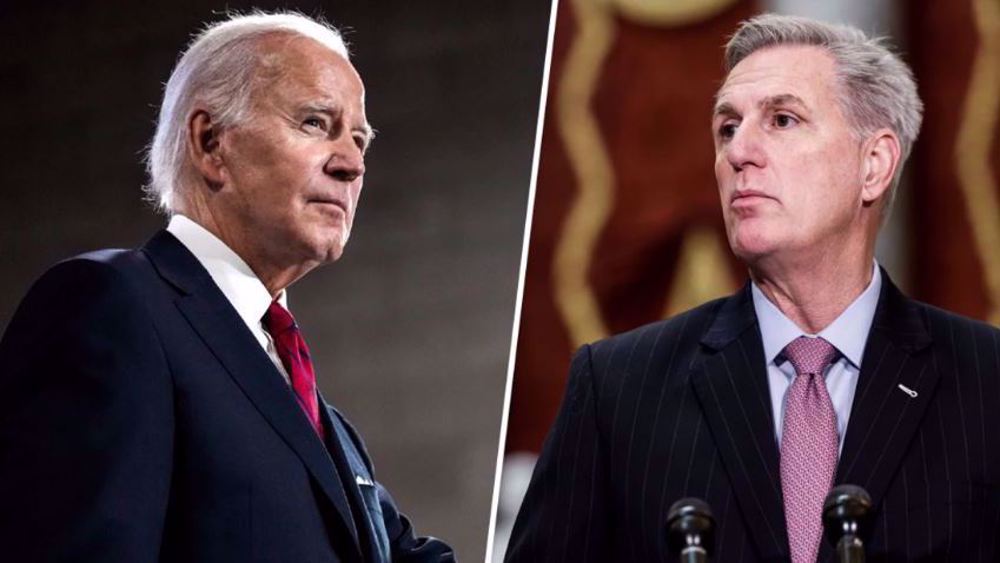
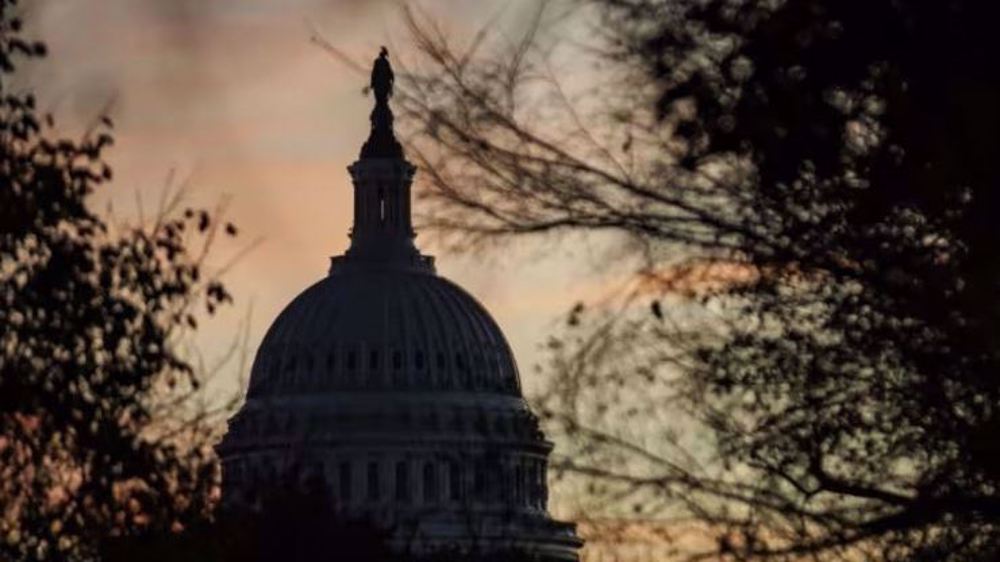
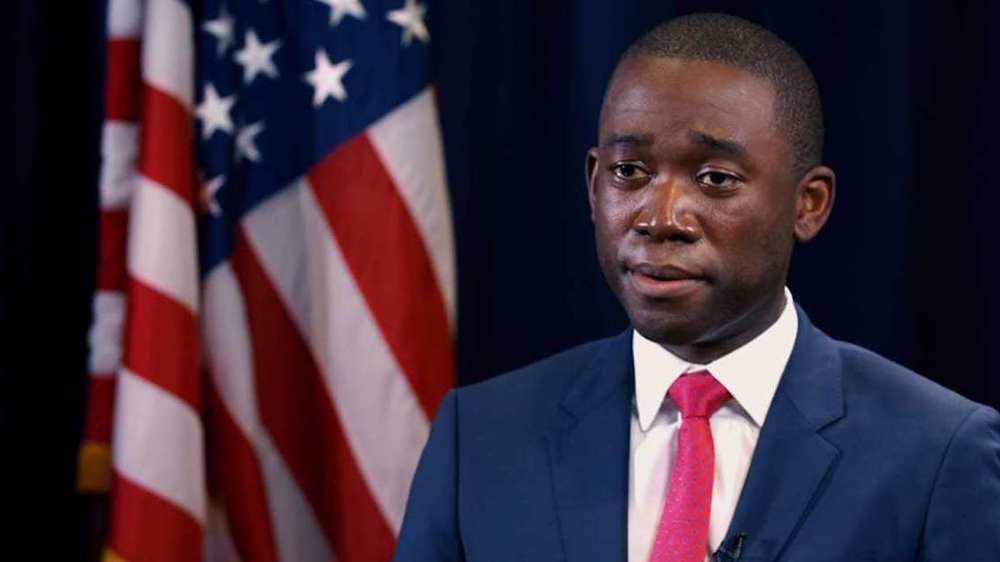


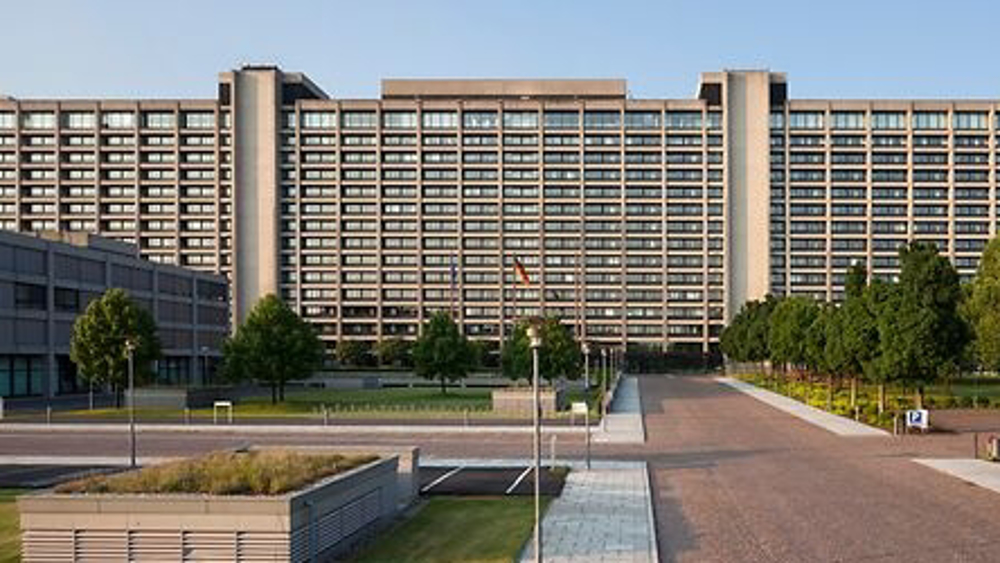



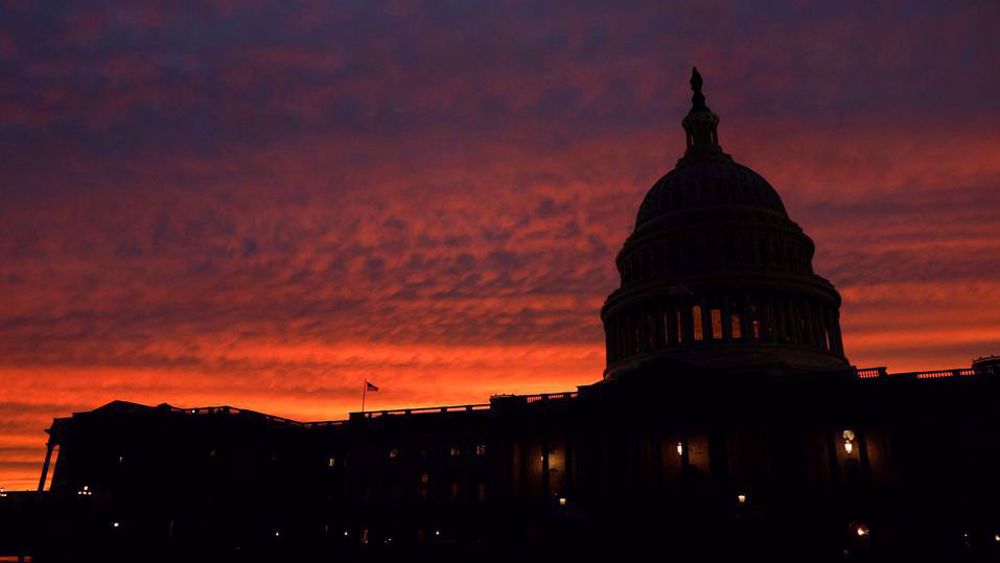
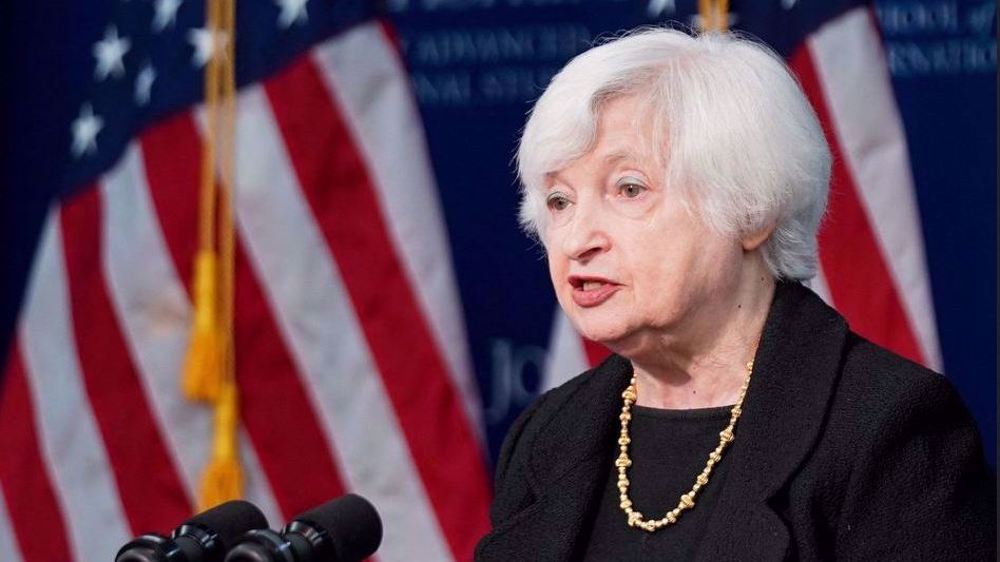
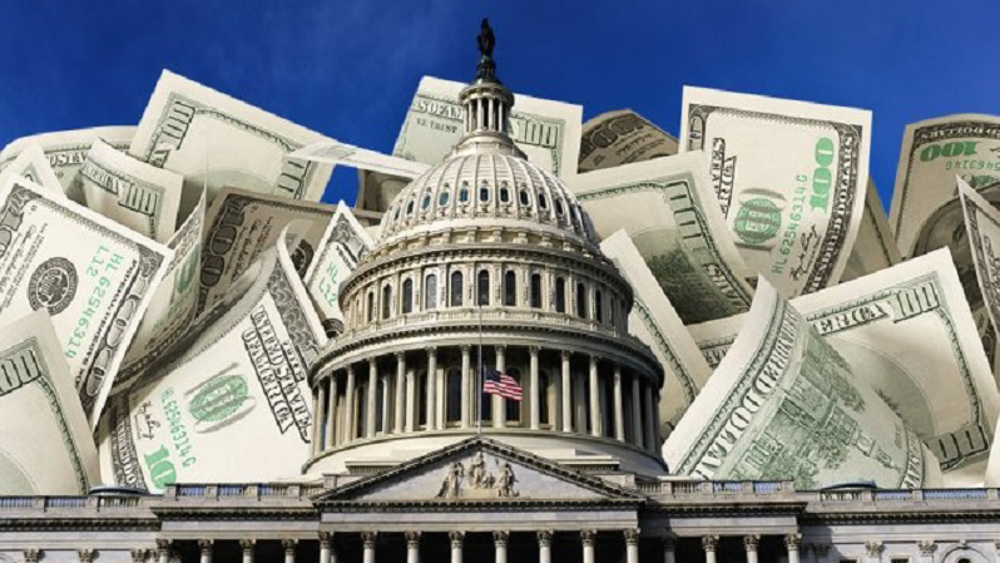
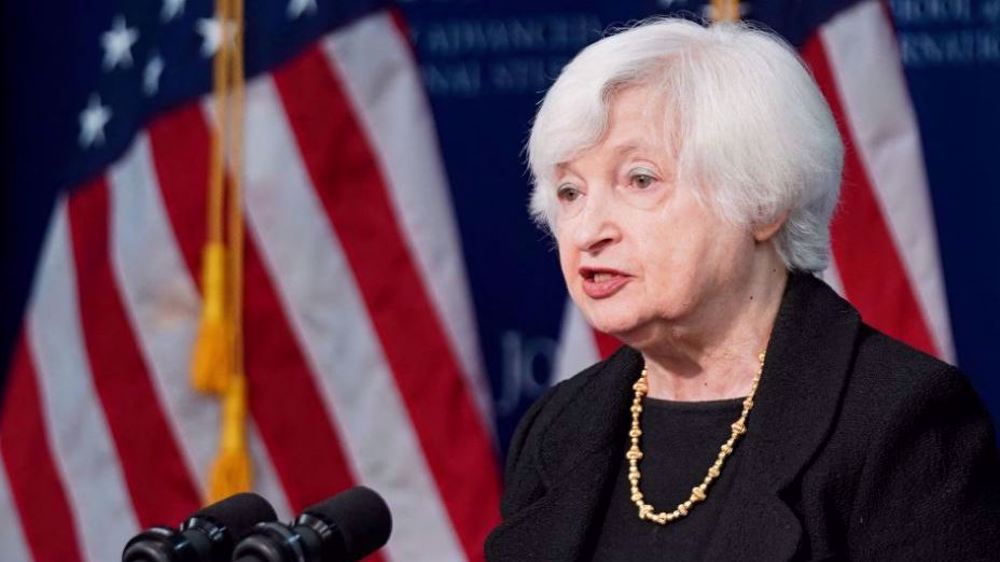

 This makes it easy to access the Press TV website
This makes it easy to access the Press TV website